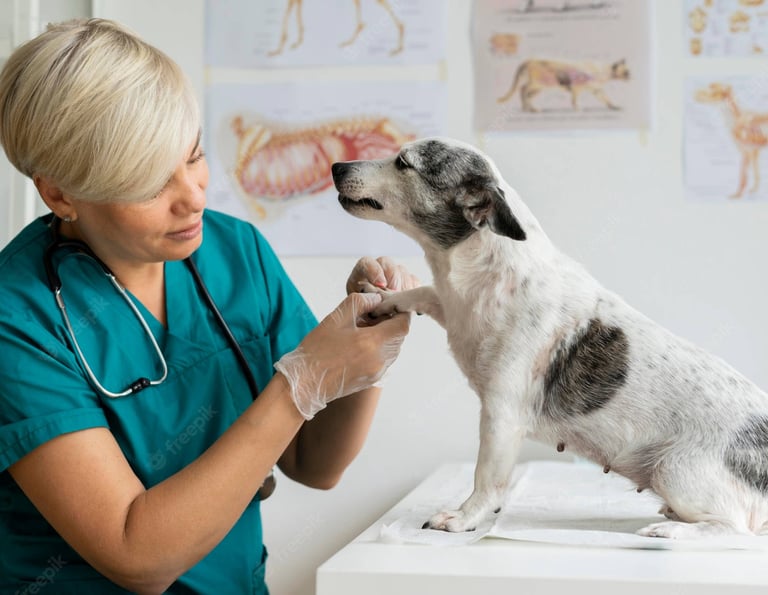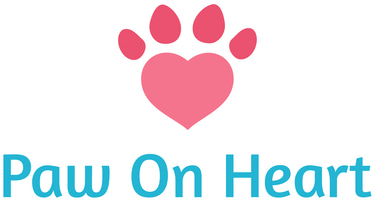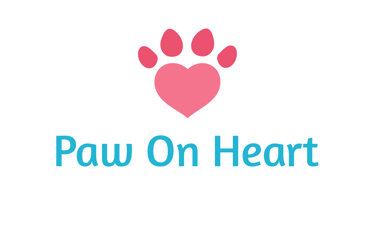Must-Know Doggie Fact: Wound Licking🐾
Robyn Todd
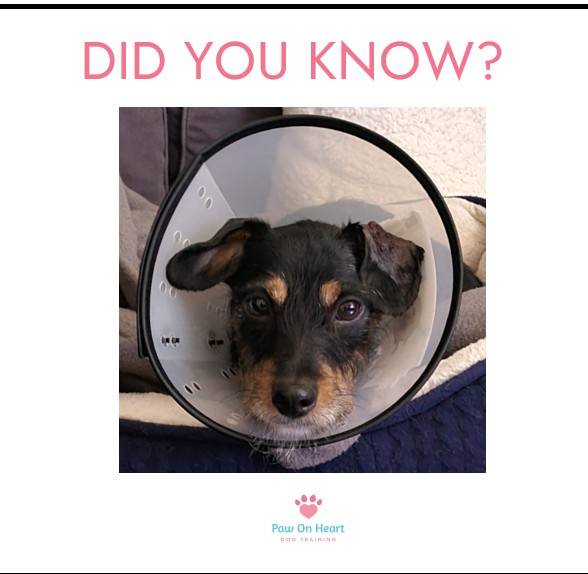

Licking Wounds Isn’t Always a Good Thing…
You’ve probably seen your dog instinctively lick at a cut or graze - and it’s easy to assume they’re helping themselves heal. After all, we’ve all heard that "dog saliva has healing powers." But the truth is a little more complicated…
Let’s break it down.
Why Dogs Lick Their Wounds
Dogs often lick their wounds because:
It’s instinctive - in the wild, it might have helped clean dirt away.
Saliva does contain enzymes with mild antibacterial properties.
It feels soothing and relieves discomfort.
So yes - there’s a grain of truth behind the old belief. But before you let your pup keep at it...
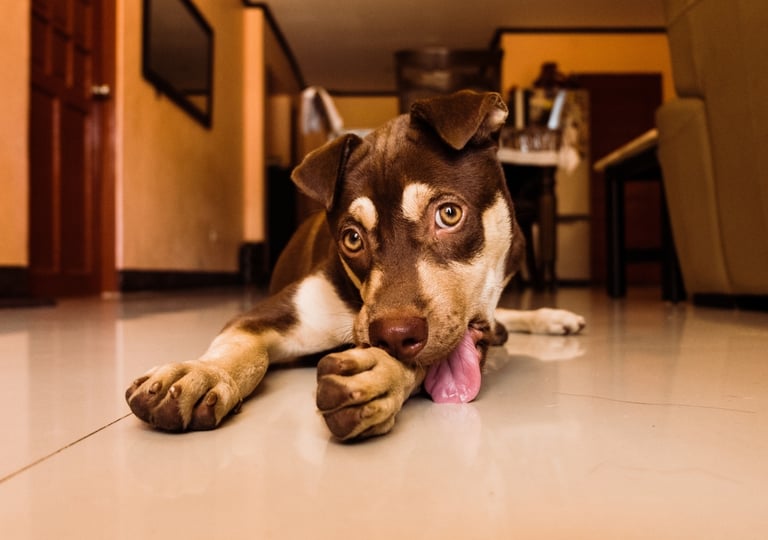

The Problem with Excessive Licking
A dog’s mouth is full of bacteria —-and while some may be harmless (or even helpful), many are not. When your dog licks a wound, they can actually:
Introduce harmful pathogens
Delay the healing process
Reopen scabs or stitches
Cause further trauma by over-licking (especially with hotspots or surgical wounds)
In short: licking often does more harm than good.
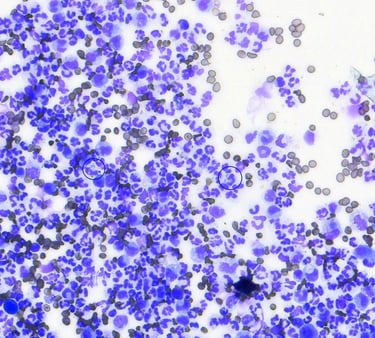

What to Do Instead
If your dog has a minor scrape or wound:
Gently clean the area with vet-approved antiseptic.
Avoid letting them lick it - even if they seem calm or sleepy.
Use a cone or recovery suit to prevent access while it heals.
Check with your vet if you're unsure how serious the wound is or if it’s not healing.
A protective cone (or “cone of shame,” as it’s often called!) might not win any style awards, but it really is one of the best ways to keep your dog safe and help their body do what it does best - heal.
